20% off €40
What’s the difference between plant-based and vegan?
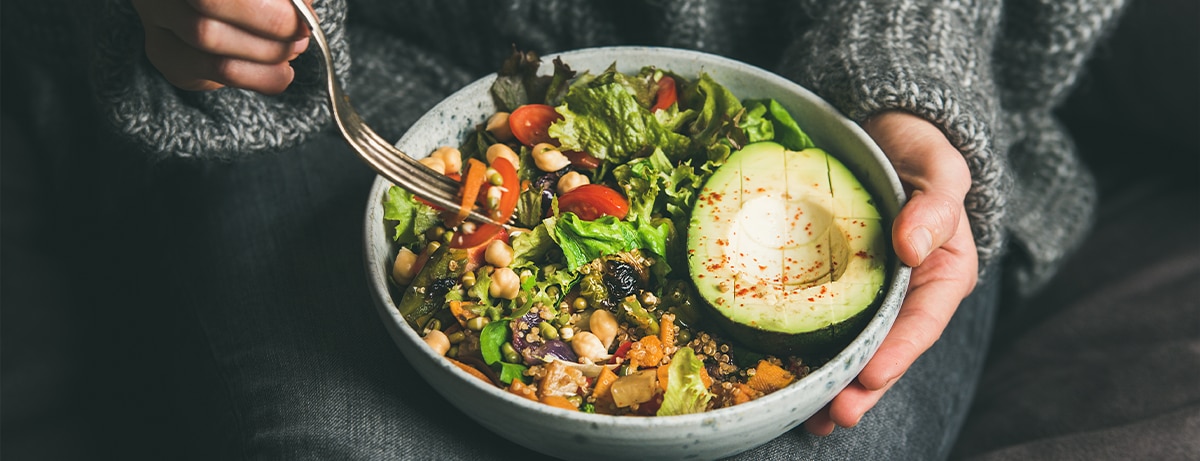
Meat-free diets are on the rise and there are lots of different types out there… enter veganism, vegetarianism and plant-based diets, you get the gist. Here though, we’ll be diving into the differences between two diets that appear to be very similar, plant-based and vegan diets. Keep reading to get the lowdown on both diets.
Skip to: Vegan diet | Plant-based diet | Plant-based vs. vegan | Benefits | Considerations | Plant-based products
A vegan diet means you avoid all animal products, including things like meat, dairy, eggs, poultry, fish and honey. The main reasons cited for following a vegan diet include ethical concerns, environmental motives or personal health reasons.
What is a plant-based diet?
What is a plant-based diet?
With a plant-based diet (also known as a plant-based whole foods diet) the aim is to simply try and eat foods from plant sources, where possible.
People following a plant-based diet often strive to eat mainly whole foods, rather than ultra processed foods. Not sure what that means? That’s okay. Whole foods generally include things like fruits, vegetables, wholegrains, plant-based oils, nuts and seeds – basically all the good stuff.
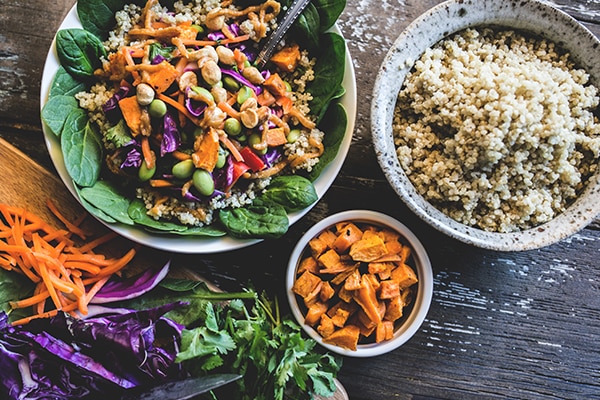

-
Animal products
Arguably the key difference between the vegan and plant-based diet is that with the latter, animal products are not strictly avoided. People on the vegan diet will eliminate all kinds of animal products, whereas on the plant-based diet, products like honey or yoghurt may be eaten in moderation. The clue is in the name with the plant-based diet, stick to foods that have come from plants as much as possible.
-
Whole foods
While vegan diets can be largely plant-based, they can also contain processed foods like biscuits, crisps and snacks that may not be from whole food sources.
-
Lifestyle
If you’re vegan, you’ll also choose to purchase certified vegan personal care products, clothing and cleaning products. Whereas with the plant-based diet, there is a little more flexibility as some people choose to apply the plant-based element to other areas in life, and some don’t.
So, what are some of the key benefits of a vegan or plant-based diet? Find out below…
-
Nutrition
According to the British Nutrition Foundation, plant-based diets tend to be higher in lots of important foods like vegetables, fruits, wholegrains and nuts and seeds. So, one of the benefits is that you’ll likely be getting more fibre and less saturated fat and sugar than other diets.1
-
Weight management
In addition to this, going vegan may help to support healthy weight loss. In fact, a number of observational studies have shown that vegans tend to appear thinner and have a lower Body Mass Index (BMI) than non-vegans.2 Also, a range of randomised controlled studies (aka, the most credible kind of study) concluded that vegan diets may help to promote weight loss more than the diets that they were compared with.3,4,5,6
-
Heart health
Did you know that a plant-based diet may help support your heart health too? This is likely due to the reduction in saturated fats and cholesterol, as a lot of red and processed meats are high in both of those things.7,8
Thinking of going vegan or plant-based? There are a few things that you’ll have to be aware of first, so that you can stay as healthy as possible! Here’s some factors to consider:
-
Protein intake
You may find it harder to reach the recommended protein intake when you make the change to a meat-free diet. But don’t fear! There are so many ways you can get plant-based protein in your diet, you just have to know where to look. Check out our article on sources of vegan protein for some inspiration.
-
Vitamins
There are certain vitamins that mainly come from animal sources, so if you’re reducing meat right down or cutting it out completely, this is something to think about. In particular, vitamin B12 predominantly comes from dairy, meat and fish, so it may be worth picking up some B12 supplements or choosing food and drinks that are fortified with B12.9
-
Minerals
Similarly, you may find that it’s more difficult to get enough minerals like iron when following a vegan or plant-based diet. It’s harder for our body to absorb iron from plant-based food, but some good sources include pulses, wholemeal bread, fortified cereals, leafy greens, nuts and dried fruits.9
-
Omega 3
And lastly, another nutrient that may be tricky to include in your diet is Omega-3, the type you’d normally get from oily fish. However, you can get this type of Omega-3 from plant-based sources like ground flaxseed, chia seeds, rapeseed oil, shelled hemp seeds and walnuts.9
To help get you on the road to the plant-based lifestyle, we’re going to share three of our favourite plant-based picks. From savoury to sweet, get some inspiration for your upcoming grub right below!
Fermented Plant Balls
Fermented Plant Balls
Gut friendly? Tick. High protein? Tick. Plant-based? You guessed it, tick.
Perfect for pairing with pasta, sweet potato or wholegrain rice, these plant balls are the perfect weeknight meal. Ideal if you’re short on time or looking to get an extra dose of protein in.
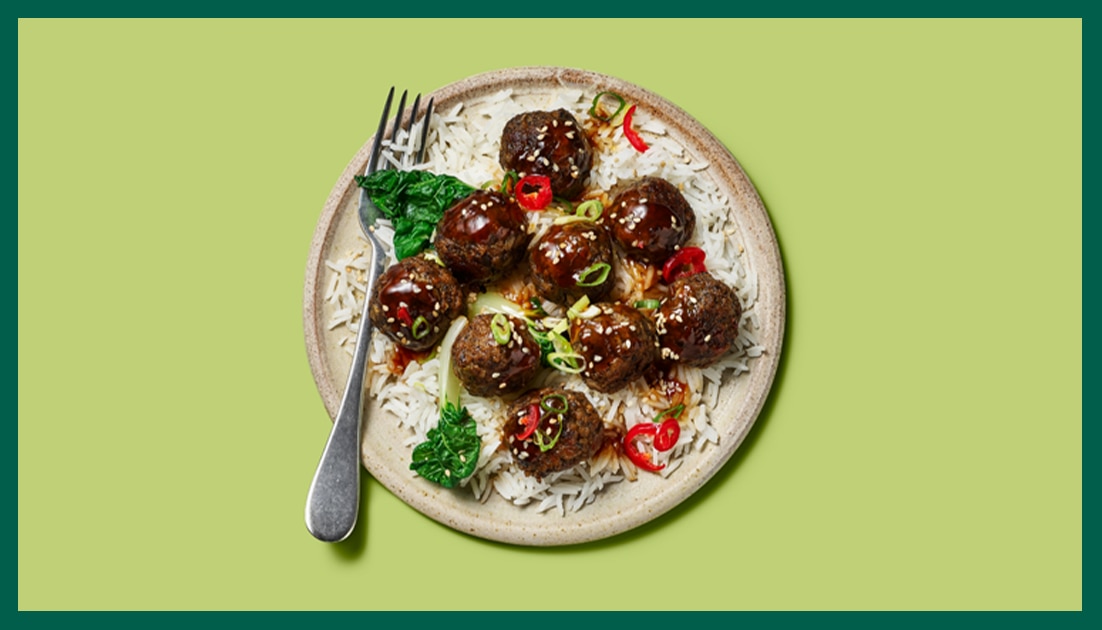

Flamingo Peas
Flamingo Peas
Introducing the latest member of the yellow pea family… flamingo peas! Switching from its peachy pink shade to yellow when cooked, these are a great addition to a colourful curry or a heavenly homemade houmous.
Oh, and they’re 100% plant-based and gluten-free – which is a win in our eyes.
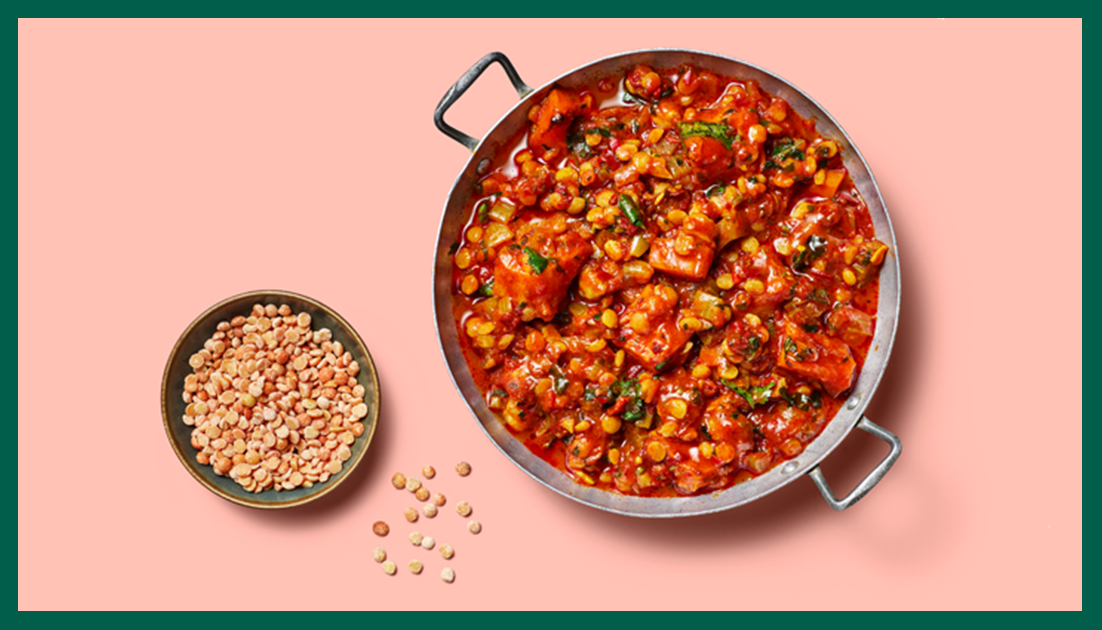

Fruitfetti
Fruitfetti
Now the savoury suggestions are out of the way, it’s time for something sweet… fruitfetti.
Bursting with the juicy taste of strawberry and peach, this is a high fibre, no added sugar, plant-based snack that’s perfect for an afternoon pick-me-up.
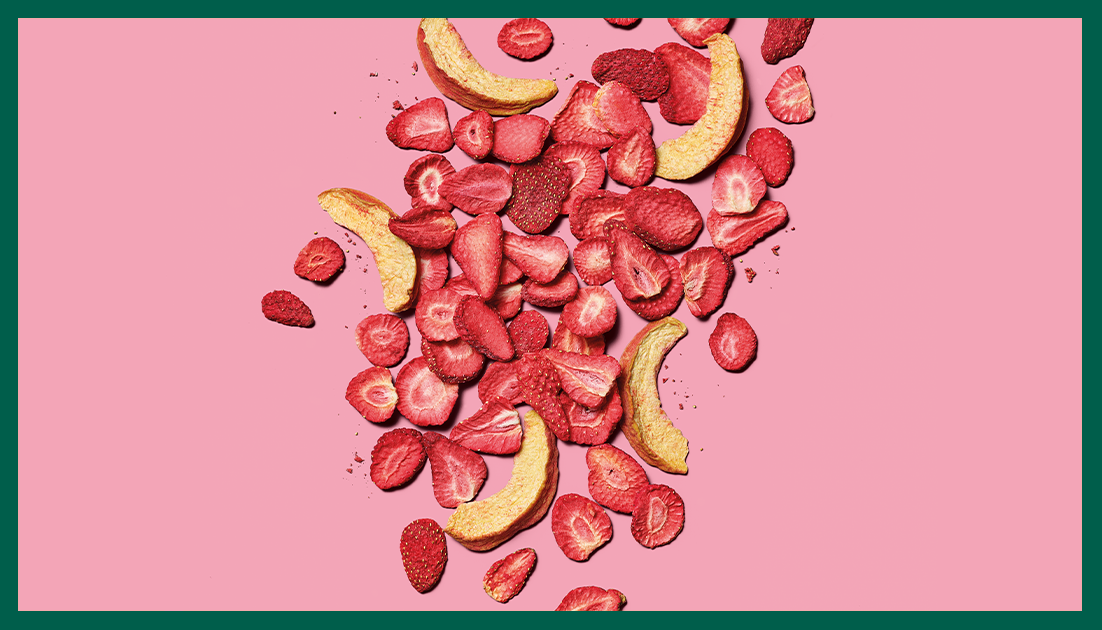

And we’re all up to date on vegan vs. plant-based diets. Now you’re armed with all the information, you can go on to make the right choice to suit your personal needs. Why not start your shopping off here? With a whole new range of food, there are lots of different plant-based and vegan options to add to your weekly shop.
1. https://www.nutrition.org.uk/putting-it-into-practice/plant-based-diets/plant-based-diets/
2. https://www.ncbi.nlm.nih.gov/pmc/articles/PMC5466943/
3. https://onlinelibrary.wiley.com/doi/full/10.1038/oby.2007.270
4. https://www.tandfonline.com/doi/full/10.1080/07315724.2020.1869625
5. https://www.ncbi.nlm.nih.gov/labs/pmc/articles/PMC7598634/
6. https://www.sciencedirect.com/science/article/abs/pii/S0899900714004237?via%3Dihub
7. https://www.ahajournals.org/doi/10.1161/JAHA.119.012865
8. https://www.health.harvard.edu/heart-health/4-foods-not-to-eat-if-you-have-high-cholesterol
9. https://www.nhs.uk/live-well/eat-well/how-to-eat-a-balanced-diet/the-vegan-diet/



